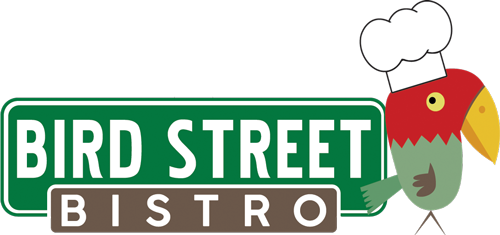How to Properly Interact and Play with Your Parrot
Birds are very social creatures, and they require plenty of mental stimulation and social interaction to be truly happy.
Parakeet, cockatiel, cockatoo, lovebird, macaw, budgie and African grey species all possess surprising amounts of emotional complexity and general intelligence, and they all want to form a bond with you and your family.
how to play with parrot?
However, it's important to understand how to properly handle and play with your parrot so that you are sending positive, friends-only signals. It's also important for you and your family to realize that consistent interaction with your bird is the best way to build trust and foster a healthy flock mentality.
Whether you're hoping to get a new bird to warm up to you or simply looking for ways to strengthen the relationship between you and your bird, this guide on ways to properly interact is a great place to start.
What Does "Proper" Interaction Mean?
We know you love your pet bird and would never intentionally mishandle your companion. Many owners do not realize that certain types of handling and interaction are considered flirtatious, and this can cause confusion and frustration for your bird.
When playing, be sure to keep from bobbing your head or offering treats from your mouth. This is considered mating-type behavior.
If you're handling your bird, do not venture outside of the "safe" petting zones like the head, neck and feet. Petting under the wings, along the back or around the vent area signals that you want to be mates, which can lead to unwanted behaviors.
Now that you know what "proper" interaction looks like, let's move on to safe and fun ways in which you can bond with your bird.
1. Sing and chat together.
Vocalization is the primary way in which birds communicate, so this is a great way to build up friendship. This is an especially great trick to try if your bird is having trouble warming up to you or doesn't yet feel comfortable with your family.
Speaking to your bird in low, calm tones or softly singing little tunes to it is a soothing, low-key interaction that can go a long way towards making your bird feel safe and happy. If your parakeet is happy being held, you may do this while holding it. Otherwise, you can simply leave the cage door open and let your bird decide whether it wants to hop out or stay in its familiar environment.
2. Encourage playtime with treats.
Food is the best way to facilitate fun and friendship with your bird. Choose a favorite treat, and play foraging games together.
Remember to keep the size of your bird in mind when you choose the games to play. Try hiding lovebird food inside of a balled-up piece of paper that must be taken apart to get the treat, or play a guessing game with a bit of parrot food and some toy cups.
If your bird doesn't seem interested in playing other games like fetch or hide and seek, use treats and encouraging words to make the time more fun.
3. Share a meal.
Sharing food is something that will help your cockatiel, budgie or African grey feel closer to you. While you're probably not interested in eating pellets of parrot food or parakeet food, you can opt for gourmet mash foods such as the blends from Bird Street Bistro.
Otherwise, look for parakeet food or lovebird food that you might also enjoy, such as certain seeds, nuts, fruits or veggies.
4. Teach your bird fun tricks.
Trick training is one of the most fun and rewarding play interactions that parrots and owners can have. Because they are so intelligent, they love to learn new tasks.
Games such as "birdie basketball", peek-a-boo and fetch may take a bit of practice, but once your bird learns how to play, these can be lots of fun for both of you.
Learning step-ups, dances, waving and other tricks is a great way to shower them with attention, praise and treats, and it lets them "show off" for strangers.
Be Mindful of Your Bird's Feelings
In all of your playtime and socializing, be sure to pay attention to your lovebird or macaw and monitor body language. If your bird isn't interested in a game, don't force it. Try switching to a different game or allowing your bird to roam around the space while you chat or sing.
Ultimately, the "right" way to play with your parrot comes down to getting to know your bird and understanding which games, treats and types of interaction it prefers. The most important thing to remember is that you and your family are the only flockmates your bird has, so it's up to you to make your bird feel safe, happy and loved.
What are your thoughts on petting our beloved fids? Let us know below.
- Choosing a selection results in a full page refresh.
- Press the space key then arrow keys to make a selection.


